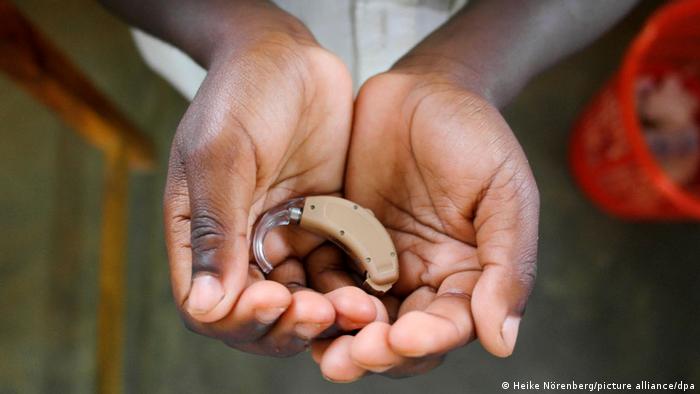GRANDPARENTS are more at risk of dying from Strep A than their grandkids, a minister has warned.
Maria Caulfield, speaking in the House of Commons on Monday, said that “the vast majority”;; of those who have died of Strep A this year were those aged over 65.
The warning comes just days before millions of families up and down the country get together to celebrate Christmas.
New data from the UK Health Security Agency (UKHSA) suggests at least 34 over 65’s have died of the bug in England since September, as cases continue to rise.
While 19 children under 18 are believed to have died of Strep A across England, Wales and Northern Ireland.
Seeing more deaths among the older population with the bug rather than the very young is expected, said Dr Simon Clarke, biology professor at the University of Reading.
“As we age, our immune systems weaken via a process called immunosenescence,”;; he told The Sun. “This is why Covid was worse in older people.”;;
Dr Simon added: “While kids have naïve, inexperienced immune systems, they function usually well.
“The weakening immune system of elderly people, on average (it won’t always be the case of course) performs less well than a fully functioning, but inexperienced immune system in children.
“So what we end up with is an optimum performance in most of our adulthood, tapered at either end of life,”;; then expert explained.
The health minister’s comment came in response to a question Lib Dem MP Daisy Cooper, who highlighted antibiotic supply shortages and insisted that families need reassurance they can access antibiotics “over the entire Christmasperiod”;;.
While assuring MPs, Maria said there was “no shortage of antibiotics to deal with strep A”;; but there had been “pressure on supplies”;;.
The health minister said the UK was currently seeing “five to six times”;; the normal amount of antibiotics being prescribed at the moment.
She added: “We are monitoring this on a daily basis and can I just reassure people that while these are higher-than-usual incidences for this time of year, overall for this season we are not yet at the 2017-2018 levels when we had a significantly higher number of deaths.”;;
In response to supply issues, pharmacists were granted new powers to prescribe alternative antibiotics to treat Strep A.
It comes after pharmacies across the UK have complained that they couldn’t get the treatment due to increased demand.
Group A Streptococcus — Streptococcus pyogenes — is a bacteria that can cause mild illness.
This can include sore throats and skin infections, alongside tonsillitis, cellulitis, and scarlet fever, which is flu-like and tends to occur in children – it can be serious if not treated swiftly with antibiotics.
In rare cases, the bacteria can trigger invasive Group Strep A disease, which can prove life-threatening and even fatal.




